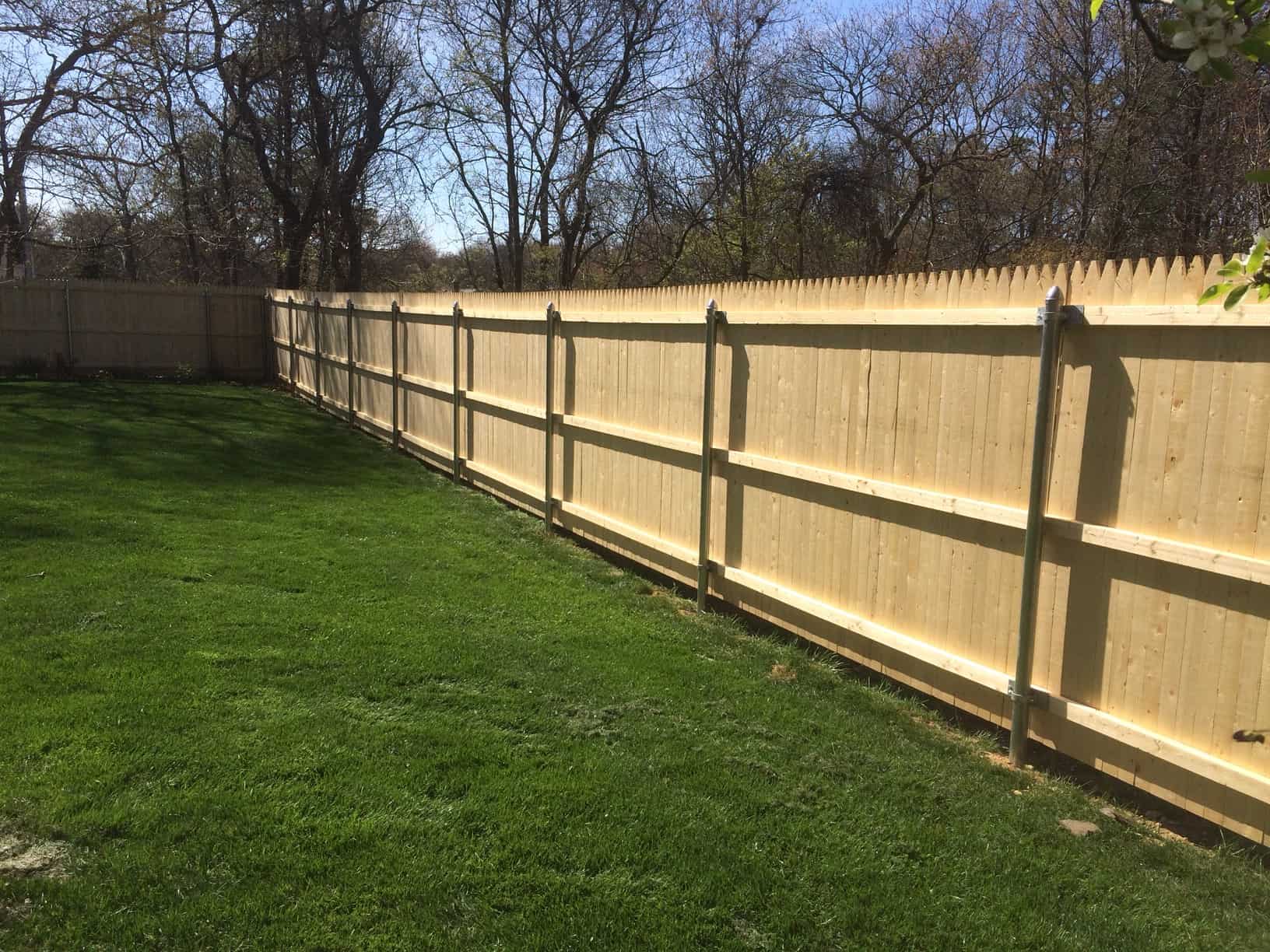Choosing to install a fence is a major decision that affects your property’s appearance, privacy, and value. One of the first questions homeowners face is whether to tackle the fence installation themselves or hire professionals. Each approach comes with its own benefits and drawbacks, and the best choice depends on your goals, budget, and experience level.
This guide compares DIY and professional fence installation to help you determine which route is best for your next project.
Why Fence Installation Matters
A fence isn’t just a boundary; it’s an investment in security, aesthetics, and functionality. Whether it’s to contain pets, create privacy, or boost your home’s curb appeal, proper fence installation ensures long-lasting results that meet your needs.
Comparing DIY and Professional Fence Installation
Time Commitment
DIY Fence Installation:
Installing a fence yourself can be time-consuming, especially if you’re learning as you go. A basic wooden or chain-link fence might take an experienced DIYer several weekends to complete. For large or complex yards, timelines stretch even further.
Professional Fence Installation:
Hiring a pro usually means faster completion—often within a few days, depending on the fence size and material. Contractors come with teams, tools, and a streamlined process.
Verdict: If time is limited or you need the project done quickly, a professional is the better choice.
Cost Breakdown
DIY Fence Installation:
This option saves on labor costs. You’ll pay only for materials, tools (if you don’t already own them), and possible rentals like augers or post hole diggers. However, mistakes can become costly if repairs or replacements are needed later.
Professional Fence Installation:
Labor adds significantly to the cost—typically 30%–50% of the total project. However, experienced installers help avoid costly errors and may have access to better material prices.
Verdict: DIY can save money upfront, but hidden costs from errors or delays may cancel out the savings.
Skill and Experience
DIY Fence Installation:
If you have basic carpentry skills and understand how to measure, level, and set posts, DIY might be manageable. However, complex layouts, slopes, or tricky materials like wrought iron or vinyl panels require advanced techniques.
Professional Fence Installation:
Contractors have the expertise to handle various materials, terrain types, and challenges. They know how to comply with codes, avoid utility lines, and optimize durability.
Verdict: If you lack experience or confidence, hiring a pro ensures the job is done right the first time.
Tools and Equipment
DIY Fence Installation:
Expect to use tools such as post hole diggers, levels, saws, drills, string lines, and cement mixers. If you don’t already own these, tool rental fees can add up.
Professional Fence Installation:
Professionals come equipped with commercial-grade tools and supplies, which enhances efficiency and precision.
Verdict: Professionals are better equipped, especially for large or intricate fences.
Customization and Flexibility
DIY Fence Installation:
Doing it yourself gives you complete control over the project’s pace and design. You can make changes as you go without relying on contractor availability.
Professional Fence Installation:
Professionals offer expert design advice and are more familiar with what works best. However, changes during the build may be harder to accommodate once the plan is finalized.
Verdict: DIY offers more flexibility; professionals offer guided customization based on experience.
Quality and Durability
DIY Fence Installation:
A well-done DIY fence can last years, but improper post setting, spacing, or fastening can lead to structural issues down the line.
Professional Fence Installation:
Contractors are trained to avoid common mistakes. They ensure posts are properly anchored, panels are level, and gates function smoothly.
Verdict: Professional installation typically results in better long-term performance.
Code Compliance and Permits
DIY Fence Installation:
You’ll need to research local building codes, property line regulations, and permitting requirements yourself. Overlooking a detail could result in fines or forced removal.
Professional Fence Installation:
Professionals are usually well-versed in local rules and will handle permitting and inspection scheduling as part of the service.
Verdict: Professional services remove the legal guesswork.
When DIY Makes Sense
-
You’re installing a short or decorative fence
-
Your yard is flat with easy soil conditions
-
You have construction experience
-
You want full control over design and scheduling
-
You’re on a tight budget
When to Hire a Professional
-
You’re installing a long, tall, or complex fence
-
The terrain is sloped or rocky
-
You’re working with heavy or advanced materials
-
You want peace of mind and guaranteed workmanship
-
You’re unfamiliar with local regulations
Tips for Successful DIY Fence Installation
If you decide to go the DIY route, follow these best practices:
-
Call 811 before digging to avoid underground utilities
-
Measure your property lines carefully
-
Use string and stakes to outline the fence path
-
Set posts in concrete for stability
-
Leave room for gate swing and adjust for slopes
-
Stain or seal wood fences to protect against weather
Tips for Hiring the Right Contractor
If you’re leaning toward professional fence installation, choose your contractor carefully:
-
Get multiple quotes and compare services
-
Check licensing, insurance, and references
-
Ask about warranties on labor and materials
-
Review the contract for scope, timeline, and total cost
-
Read online reviews and testimonials
Final Thoughts
Both DIY and professional fence installation come with valid advantages, and the right choice depends on your budget, timeline, skill level, and goals. If you’re confident in your abilities and looking to save money, DIY might be worth the effort. However, for large-scale projects, challenging terrain, or long-term reliability, hiring a professional can ensure your fence stands strong and looks great for years to come.




